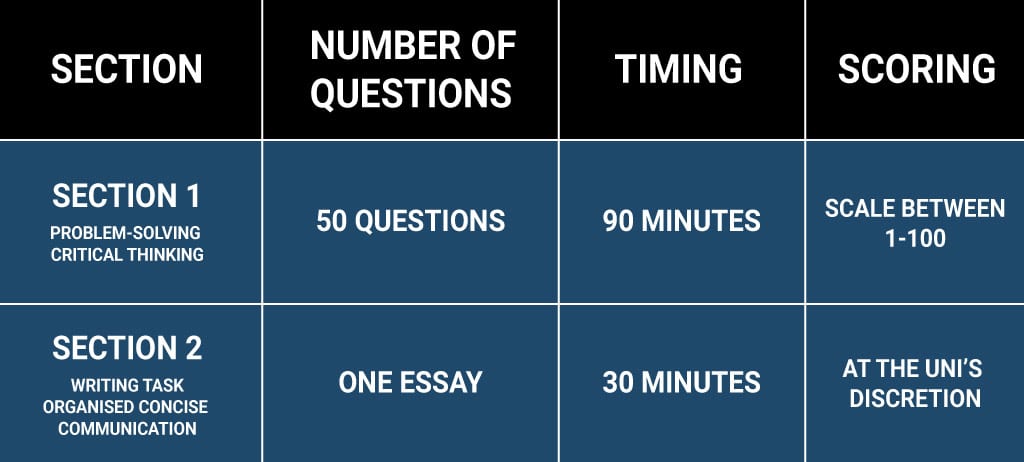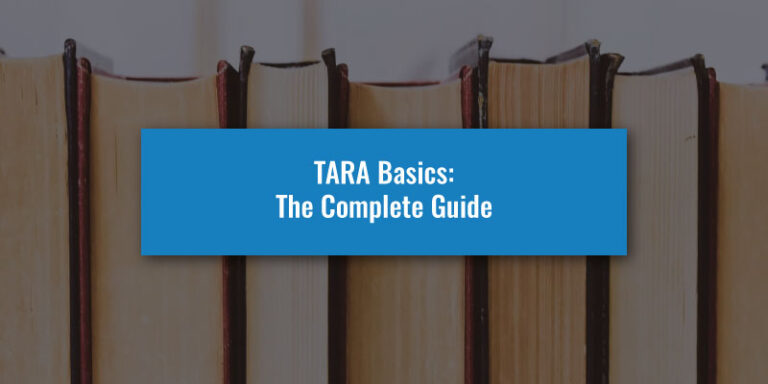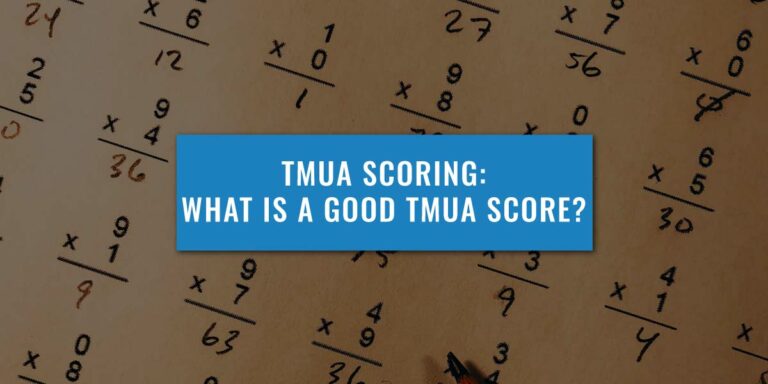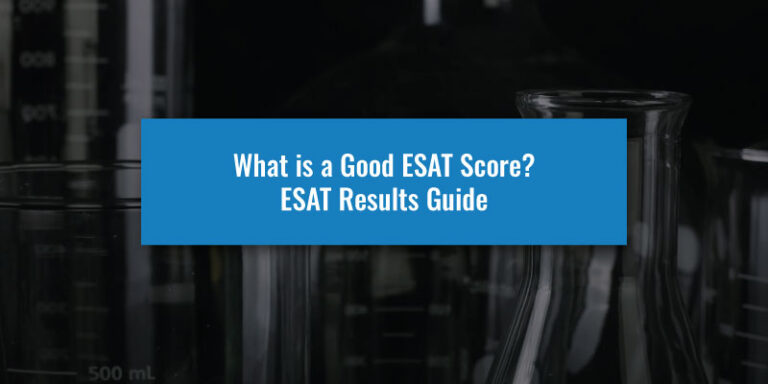Preparing for the TSA is a large task, namely because of the number of skills you have to practice.
The Thinking Skills Assessment – the TSA – is an aptitude-based test for admission to certain courses at certain universities in the UK.
The assessment tests a range of skills including your problem-solving abilities and how you interpret data. Both quantitative and qualitative skills are required within the assessment, and it is the basis of applying to courses such as Economics which demands similar abilities.
As with the overarching aim of the Oxbridge admissions process, this test is about how you think and how you logically reason in order to draw conclusions based on the information and data available.
It is not, per se, about testing your intrinsic knowledge of a particular subject (which is what A-levels partly do). It is much more about the methods of reaching a solution. Preparing for the TSA can be daunting, so this article should be your first step towards getting well-positioned for the exam.
Understanding the TSA
One of the best ways of preparing for the TSA is by understanding what it tests, the format and the timings.
The TSA consists of two sections:
Section 1: consists of 50 multiple-choice questions and assesses problem-solving skills, critical thinking skills, and the ability to reason using everyday language. The time allowed for this section is 90 minutes.
Section 2: is a writing task, that evaluates an applicants ability to organise ideas and communicate them effectively in writing. Applicants answer one question from a choice of four and the time allowed for this section is 30 minutes.

Ever wondered why Oxbridge use the TSA test? Like many universities, these admission tests and interviews are here to assess whether you have the academic skills required to study at the university.
The test is used because applicants tend to be very closely matched on paper, with the majority of applicants receiving all A – A* grades and top marks at GCSEs. Applicants are also likely to have great Personal Statements and excellent references so it is difficult to differentiate between candidates.
The Thinking Skills:
The Thinking Skills are what universities consider to be the generic academic skills needed to successfully study an undergraduate or postgraduate course there. These include:
- Problem-solving – the ability to create a solution to a numerical, spatial or logical problem
- Critical thinking – the ability to evaluate and understand an argument
It’s easy to see how these skills are essential to study a range of degree subjects such as Psychology, History and Economics and Geography. Therefore, the TSA is a chance for universities to assess how you tackle problems and how suitable you are for studying for the degree. It’s also a chance for you to showcase to the admissions tutors that you can think quickly, critically and logically!
Effective TSA preparation is crucial to achieving an Oxford Economics offer.
Writing the perfect Personal Statement, scoring highly on the TSA and interviewing like a pro is how you get your dream Oxford Economics offer.
Discover our Economics Programme for comprehensive admissions support by clicking the button below to enrol and triple your chances of success.
How do I practice for the TSA?
As with many of the aptitude tests, the TSA preparation requires students to spend much of their preparation time working through practice tests and exercises. Remember, the tests are designed to examine the way you think rather than covering a specific body of knowledge.
We have TSA guides for each of the sections to help you develop your understanding of the test:
It is advisable to spend time working through past paper material. Familiarise yourself with the kinds of questions they ask in the TSA and then each day work up towards answering more and more questions. The key is to train your brain to think in the way the test requires.
Make sure you get into the routine of practising TSA questions in the weeks and months running up to the exam. This is preferable to suddenly realising a week before the exam that you should probably start and try to cram it all in. Preparing for the TSA should be a process over time.
Make sure that you complete full timed exams in preparation. Part of the challenge of the TSA exam is the time constraints. It is important to be able to familiarise yourself with the expectations of the exam – the format and how long you will have to work through the questions – before the day.
On the lead up to your TSA exam, be disciplined and follow these steps to perform to your fullest potential:
- Get a good night’s sleep before the exam
- Have a nutritious and filling breakfast so you’ll have the energy to tackle the test
- Avoid cramming any last bits of information in. You’ve already worked hard to prepare, and you most likely won’t retain any new information now
- Write down key information prior to the test so you can have a quick glance and remind yourself before heading into the exam hall
We wish you the best of luck and are here to support you with your preparation to help you achieve a high TSA score!
Looking to boost your TSA score?
The UniAdmissions TSA Programme will rapidly boost your score and triple your chances of succeeding in your application.
Our expert tutors will guide you through past papers in mock exam scenarios so that you are well-prepared by the time your exam comes around. UniAdmissions helps students refine and hone their abilities so that they’re exam-ready on test day for all aspects of the TSA.







